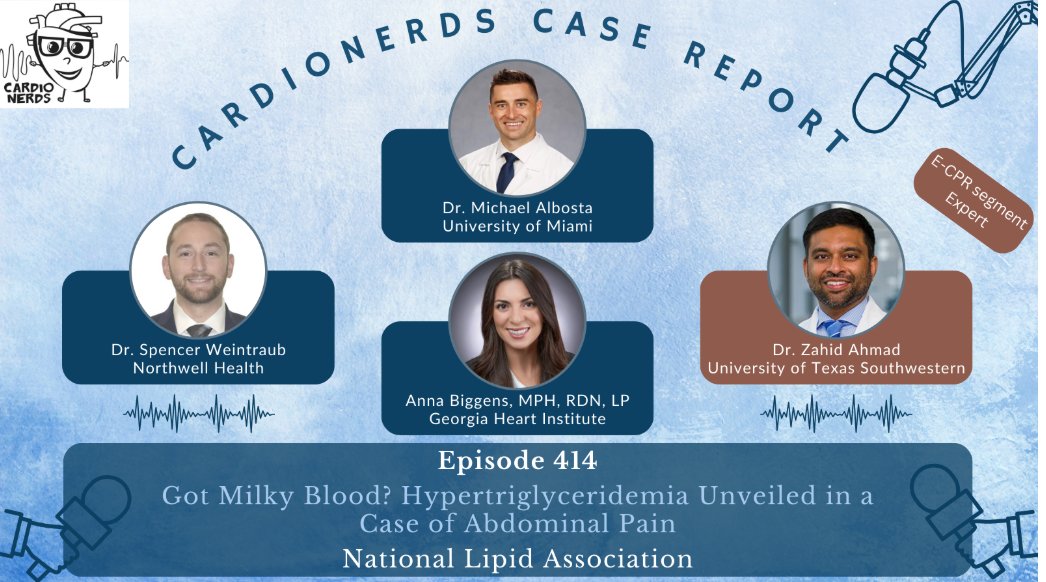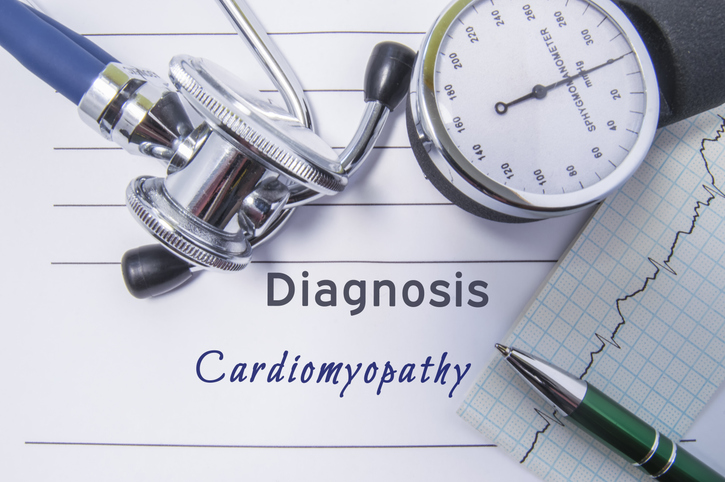
Heart Failure
Advertisement
A study shows geographic disparities that exist as they pertain to heart failure mortality and its association with obesity.
Telehealth parity laws notably reduce hospitalization in acute decompensated heart failure.
The CardioNerds, along with colleagues detail a case involving a patient with newly diagnosed hypertriglyceridemia.
Food insecurity is linked with an increased risk of developing heart disease.
Finerenone therapy may prevent worsening heart failure in outpatients with mildly reduced or preserved ejection fraction.
When doctors and their patients share common language in the relationship it can decrease the risk of CVD and death.
Certain athletes with CVD abnormalities may be able to safely participate in competitive sports.
The CardioNerds and expert faculty discuss a complicated case of ventricular tachycardia.
The CardioNerds and Dr. Robert Mentz discuss the important steps in treating HF with mineralocorticoid antagonists.
Dr. Kevin Alexander speaks with The CardioNerds about the importance of providing swift treatment to patients with ATTR-CM.
The CardioNerds, Dr. Alexander discuss how acoramidis therapy works, and details data Dr. Alexander presented at AHA 2024.
Dr. Georgia Vasilakis Tsatiris of The CardioNerds speaks to Dr. Kevin Alexander about the impact of ATTR-CM.
The CardioNerds in tandem with Dr. Clyde Yancy analyze a case of an 80-year-old man with heart failure.
The CardioNerds and expert faculty Dr. Shelley Zieroth analyze a patient's heart failure classification.
The FDA recently announced a first time proposed rule which would require the tobacco industry to lower nicotine levels.
The CardioNerds and expert faculty Dr. Mark Drazner assess a woman's heart failure status.
The CardioNerds and colleagues review the differential diagnosis for peripartum cardiomyopathy.
The CardioNerds discuss a case involving a patient who presented with stress cardiomyopathy leading to cardiogenic shock.
The U.S. FDA recently approved Attruby (acoramidis) for adults with ATTR-CM to reduce cardiovascular death, hospitalization.
A study highlights the significant HCRU and costs associated with ATTR-CM.
Advertisement






















 © 2025 Mashup Media, LLC, a Formedics Property. All Rights Reserved.
© 2025 Mashup Media, LLC, a Formedics Property. All Rights Reserved.